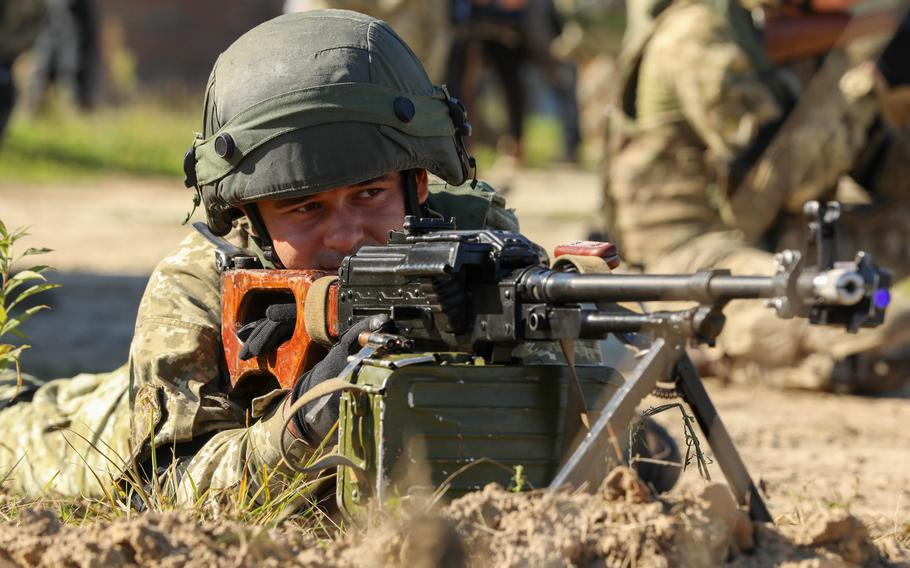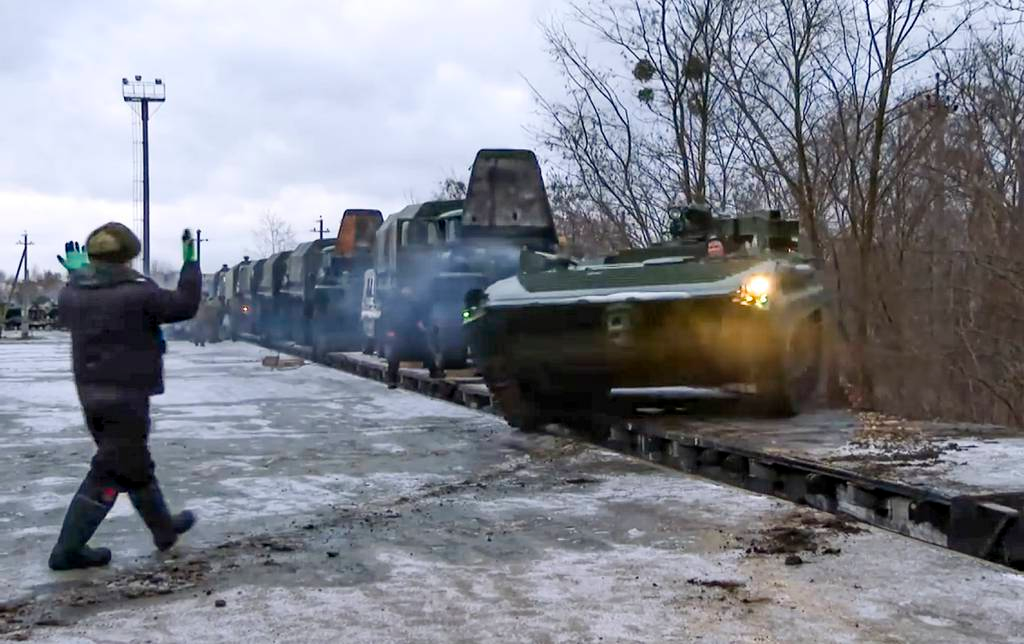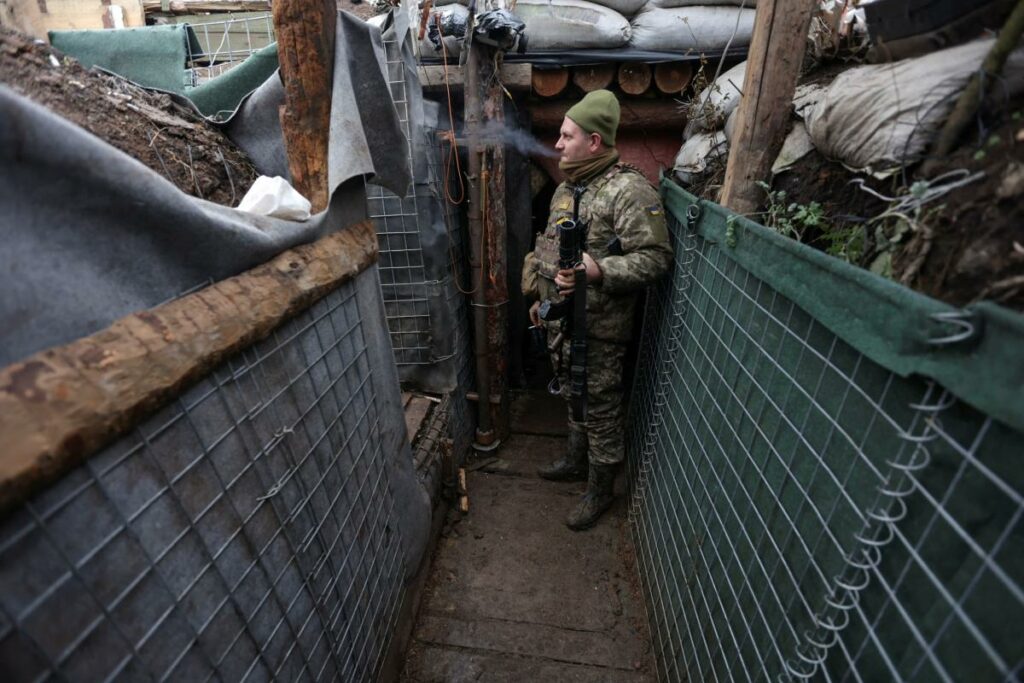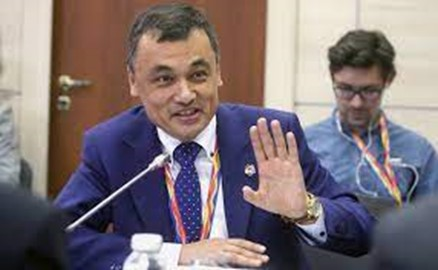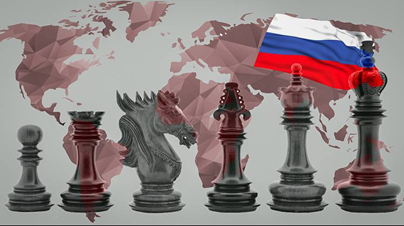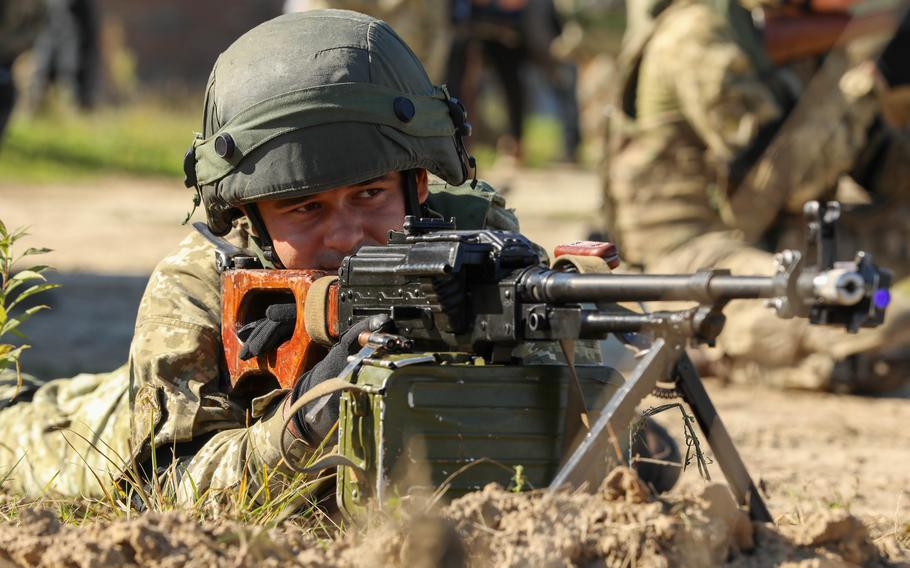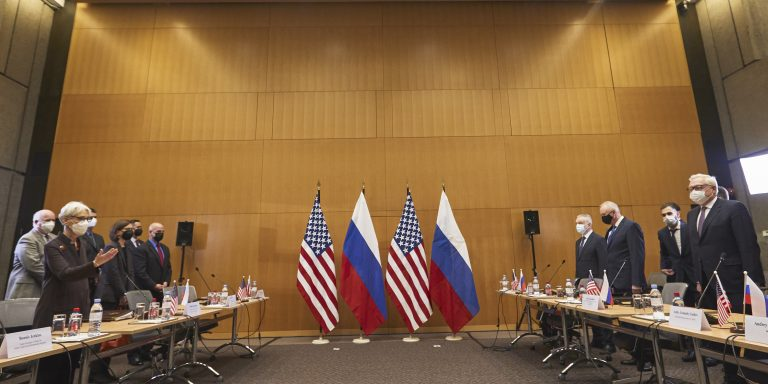Russia and Iran Put on a Show of Unity — Against the U.S.
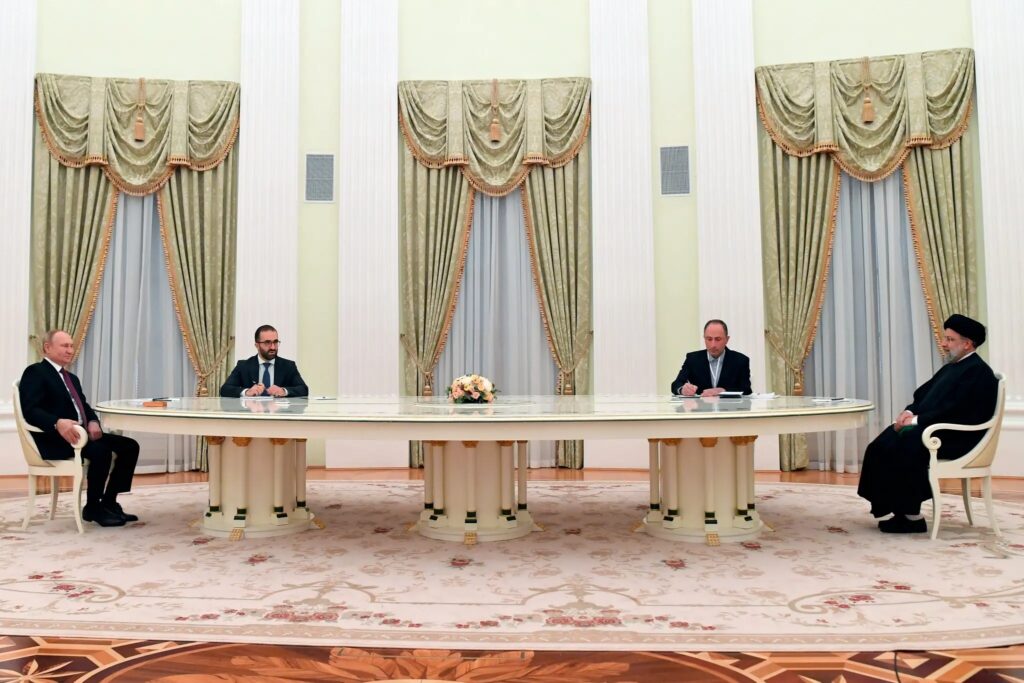
Vladimir V. Putin met at the Kremlin with Iran’s new leader, Ebrahim Raisi, at a time when both their countries, despite their differences, are at odds with Washington.
Sitting across a long table from President Vladimir V. Putin at a Covid-conscious distance, President Ebrahim Raisi of Iran reminded his Russian counterpart on Wednesday that Tehran had been “resisting America for 40 years.”

